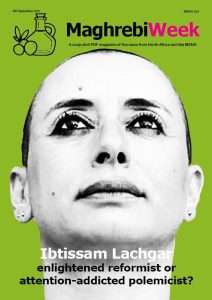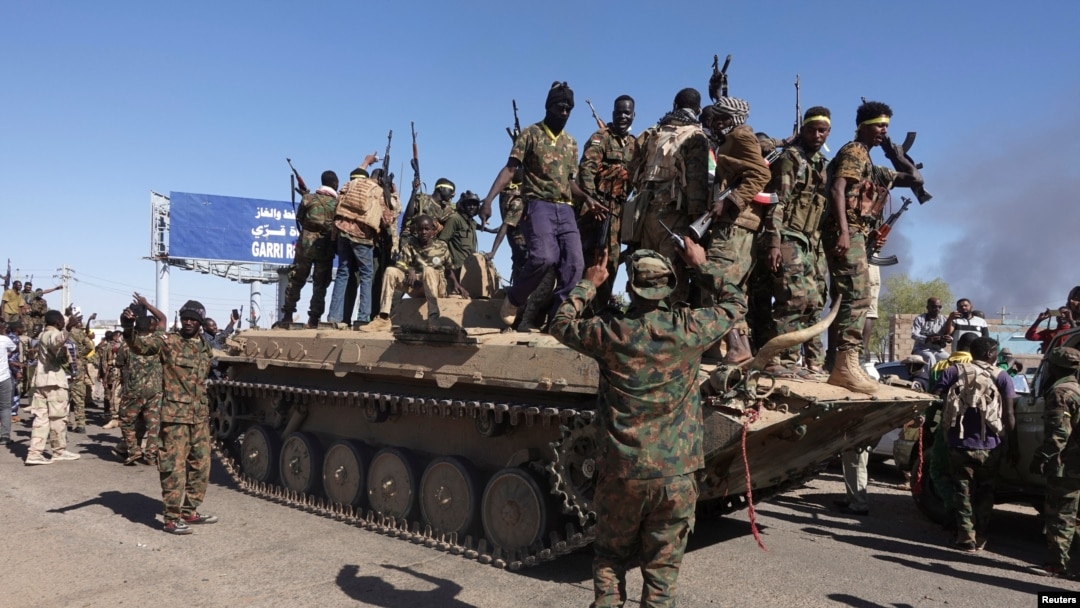The slow strangling of press freedom in Turkey

Escalating censorship and arrests are propelling Turkey toward what many fear will be a “single-voice” media landscape under President Recep Tayyip Erdogan, Atalayar reports on September 12.
Already one of the world’s leading jailers of journalists, Ankara is intensifying pressure on reporters, editors, and outlets that resist the government line.
Recently, the Turkish judiciary seized 121 companies—including three major media outlets—and arrested 10 executives on fraud allegations. Among the highest-profile targets is Can Holding, a conglomerate with stakes in leading broadcasters Haber Turk, Show TV, and Bloomberg HT.
Warrants for senior figures Mehmet Şakir Can, Kemal Can, and Kenan Tekdag have fueled speculation that the charges are politically motivated. Independent analysts see the move as an attempt to silence coverage of protests by the opposition Republican People’s Party (CHP).

The repression extends beyond corporate boardrooms. In March, Turkish authorities detained BBC correspondent Mark Lowen for 17 hours before deporting him as a “threat to public order” during demonstrations supporting Istanbul mayor Ekrem Imamoglu, Erdogan’s most prominent political rival. Internet-monitoring group NetBlocks confirmed that X, YouTube, Instagram, Facebook, TikTok, and WhatsApp were throttled nationwide after police surrounded CHP headquarters.
Reporters Without Borders describes “ten years of state hostility toward the press,” detailing how pro-government conglomerates have bought up once-independent newspapers and TV stations, while hundreds of journalists have faced prosecution, travel bans, or economic pressure.
At the same time, Freedom House finds “severe obstacles to independent online reporting,” including sweeping social-media laws that require platforms to maintain local offices and comply with rapid takedown orders under threat of heavy fines.
Reports further show that Turkish prosecutors have sought multi-year prison sentences for journalists covering opposition figures, describing the climate as a “collapse of democracy” and warning that Turkey now rivals China and Iran in jailing reporters, while investigation highlights how vague anti-terror and “disinformation” statutes enable authorities to criminalize routine reporting and keep detainees in lengthy pre-trial detention.
The Turkish Radio and Television Regulatory Authority (RTÜK) has become a key enforcement arm. It imposed a 10-day broadcast ban on opposition channel Sozcu for allegedly “inciting hatred,” and suspended three other critical stations while levying heavy fines. Critics warn these tactics are designed to bankrupt dissenting media and create a chilling effect across the industry.
Despite the risks, independent outlets and international organizations continue to document these abuses. Yet with each arrest, regulatory penalty, and broadcast ban, the space for free expression narrows further—bringing Erdogan closer to realizing a monolithic media sphere and leaving Turkish democracy increasingly fragile.
Atalayar, Reporters Without Borders, Freedom House, Maghrebi.org
Want to chase the pulse of North Africa?
Subscribe to receive our FREE weekly PDF magazine












